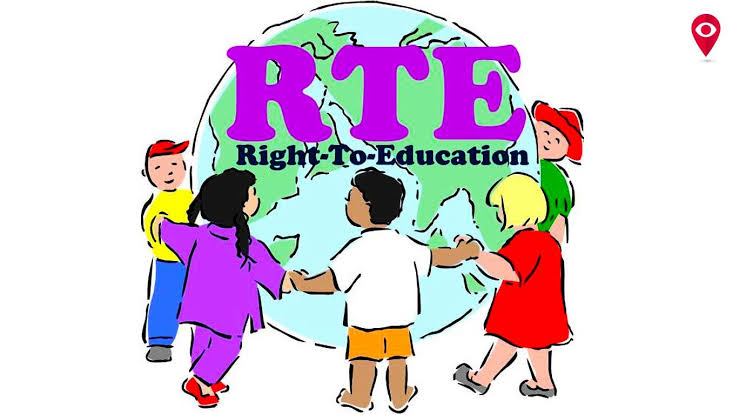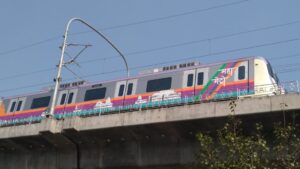Pune: Maharashtra Education Commissioner Debunks Myths Around RTE Amendments

Pune, 17th February 2024: The recent amendments to the Right to Education Act (RTE) have not halted admissions to private schools under the prevailing law, clarified Education Commissioner Suraj Mandhare.
According to Mandhare, if there are no government schools in the nearby area, admissions under RTE will continue to take place in private schools, with the provision of compensation for such admissions still in effect.
The education department has revised the admission process under RTE, sparking discussions in the education and social sectors about the implications of these changes. The altered admission process is set to be implemented for the academic year 2024-25. Mandhare provided a detailed explanation in this context.
A comprehensive review of the Right to Education Act’s implementation at the sectoral level took place on May 6, 2022, chaired by the Principal Secretary of the School Education Department. The review revealed a decline in student enrollment in government-aided schools despite adequate facilities, as these schools were not covered by the RTE.
Additionally, students admitted under RTE in certain schools only had their education fees covered by the government, depriving them of other facilities. Various factors, such as parents insisting on specific schools and the limited coverage of RTE, were considered. In response, the government decided to study the laws in other states like Karnataka, Haryana, and Punjab, which led to the proposal sent to the government on February 14, 2023.
Mandhare emphasized that the amendment has not closed admissions in private schools under the existing law. The goal is to utilize government facilities first, and if unavailable, resort to the private system. He cited examples such as Mahatma Phule Jan Arogya Yojana and concession passes for the ST Corporation, where government facilities are prioritized, and private systems are only used when necessary.
Mandhare addressed the negative views about the quality of government-aided and partially aided schools, stating that students from these institutions perform well in scholarship and other examinations. The new amendment aims to strike a balance between both systems.
Under the amended law, admissions under RTE will receive preference in places with government, partially aided, and subsidized institutions. No compensation will be provided for RTE admissions in private schools within a one-kilometer radius of government or aided schools. However, compensation for admissions in private schools will be applicable in areas without government or subsidized institutions.
Mandhare acknowledged the need for amendments, considering the drawbacks of the existing law. He acknowledged the challenges of decision-making in public administration, where decisions may face both support and criticism due to conflicting demands and opinions.








